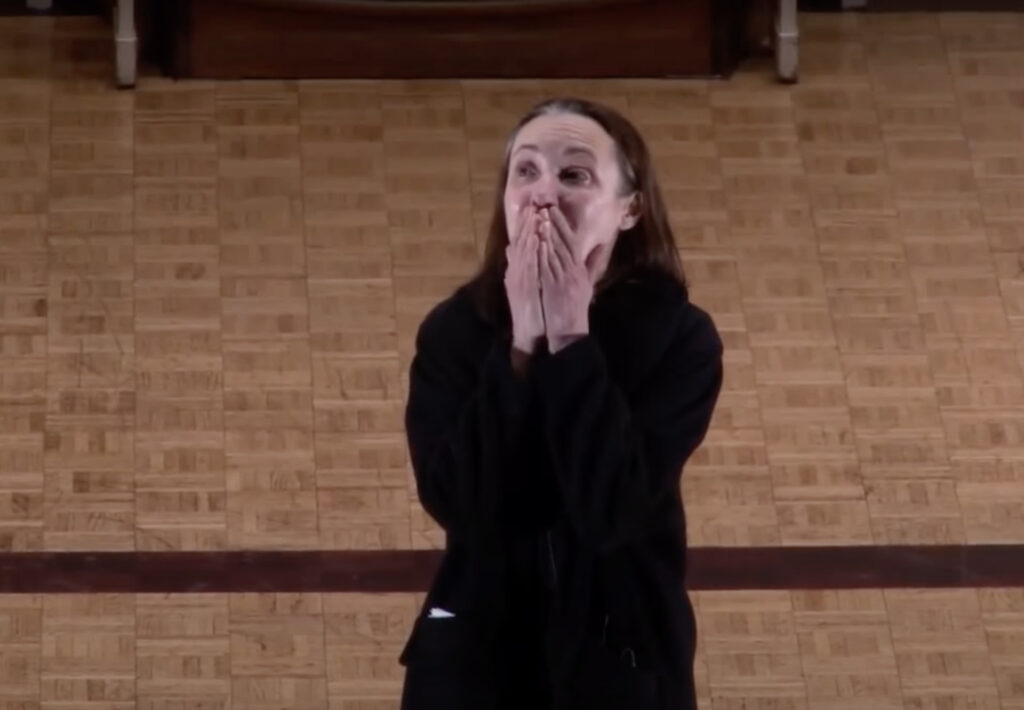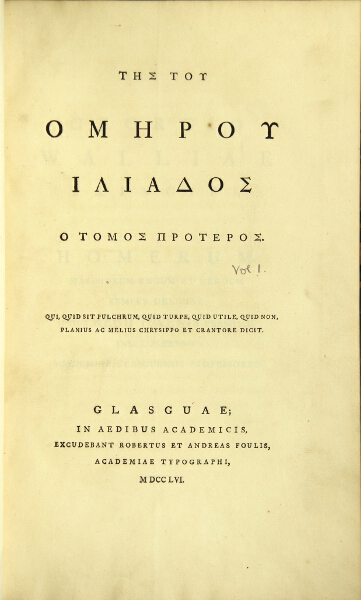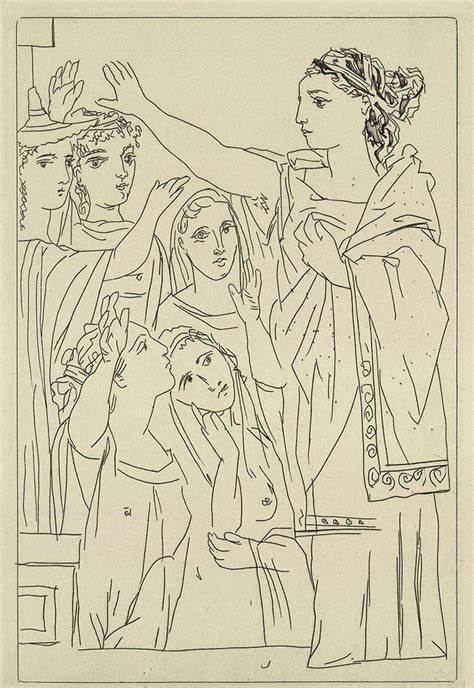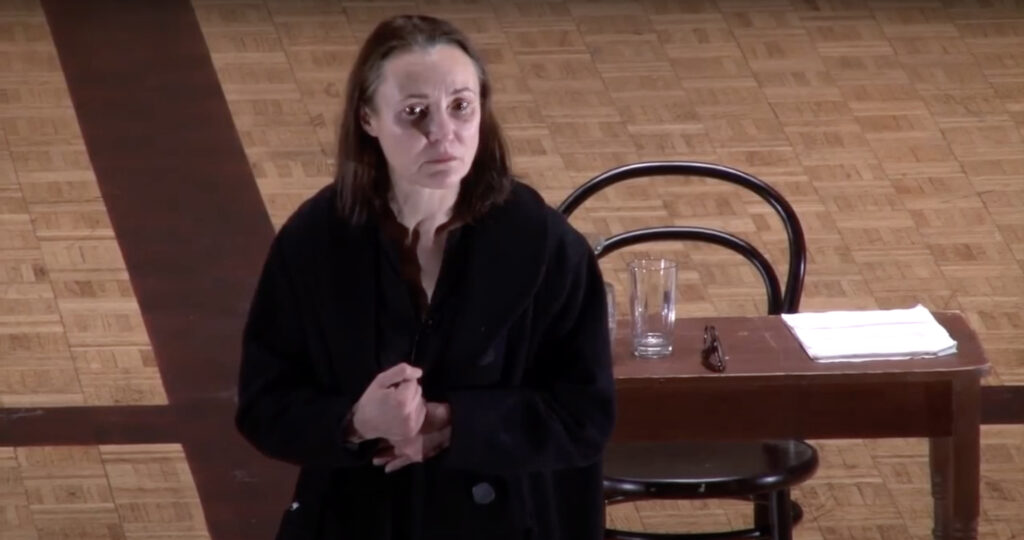Performing “The Iliad or Poem of Force”: A Q&A Interview with Simona Giurgea
Ronald KL Collins & Simona GiurgeaIntroduction
One of Simone Weil’s most famous essays is “The Iliad or Poem of Force.” Of the many commentaries and what have you on the essay, one stands out among them all: Simona Giurgea’s dramatic rendition
(34:56 minutes) of the essay. Its orality, visuality, passion, and dignity illuminate the 1940-41 work in ways that can cause one to almost feel the power of Weil’s words.
Simona Giurgea is a Senior Lecturer in the Theatre Department at Colgate University in Hamilton, New York. Born in Romania, Giurgea studied theatre at the Academy of Theatre, Film and Television in Bucharest.
She moved to the United States in 1995. Here she taught acting and movement for actors both in graduate and undergraduate programs at the American Conservatory Theatre in San Francisco, University of California at Riverside, California State University in Long Beach, Pomona College, and Colgate University. She has also directed plays, including Eugene Ionesco’s Rhinoceros.
At Colgate University, Professor Giurgea teaches acting and directing, and children’s theatre workshop, as well as directing senior projects, and University Theatre productions.
Another way of killing
Where there is no room for reflection, there is none either for justice or prudence.
– Simone Weil, “The Iliad or Poem of Force”
There is [another] way of killing, which is not to know that those one is killing exist – except as things-to-be-killed.
– Simone Weil, Notebooks (I, 40)
The Q&A Interview
Simona kindly agreed to participate in a written Q&A, the questions and answers of which are set out below.
Question: Let us begin at the beginning. How is it that you left Romania and ventured to the United States?
Giurgea: “Ventured” is the right word. It was the ripe time for me to learn anew, to move on, to gain perspective on life, on my profession, to have a child. It was a lucid decision. And, even though it wasn’t easy to start from scratch as a thirty-year-old, living in another country has taught me everything I am today.
Question: Why Weil? Why “The Iliad or Poem of Force”? How did you find your way to her door?
Giurgea: I learned English here, in the United States, mostly by attempting to read books I could read in other languages and Simone Weil’s writings were part of the challenge. I fell in love with her mind, her spirit, courage, and sense of morality so fiercely upheld against all odds throughout her life. Simone Pétrement’s biography of Simone Weil brought me a step closer to imagining her as a person and left me wanting to know more. I went back to “The Iliad or Poem of Force” shortly after the start of the war in Iraq. As a recent American citizen at the time, I felt compelled to speak Simone Weil’s words out loud and share how they spoke to me.
Question: The opening line of Weil’s “Iliad” essay, as you present it, is as follows: “The true subject / the true hero / the center of the Iliad / is force.” (That idea, “force is the sole hero,” is repeated later in the essay.) On first read, the word “hero” seems odd, even out of place. What do you make of that?

Giurgea: The word hero in the opening line is provocative: a startling flash photography moment in full daylight. There is no time to process it, but the word hovers over us a second longer than expected. We understand only later that we’ve been jolted on purpose, with exactitude, and fully trusted from the very beginning to eventually pierce the glaze of the word. It is not what we know about the heroes of the Iliad that Simone Weil asks us to reexamine, it is the range of our own examination she dares us to think about. If “hero” appears too grand a word for an ordinary sentence, it is because we make it so by anticipating a purely intellectual exercise, a traditional analysis of the seminal text. I believe that Simone Weil’s essay is not asking us to examine history from afar but it invites us to think about humanity as a continuum that encompasses us.
Question: Weil’s words, again: “Exercised to the limit, [force] turns man into a thing in the most literal sense: it makes a corpse out of him. Somebody was here, and the next minute there is nobody here at all; this is a spectacle the Iliad never wearies of showing us . . . .”
You recite those powerful words some four minutes into your performance. As you do, you rush across the stage, then off it, then point to the nothingness left on the stage, and then turn to the audience from off stage as you speak. Tell us a little why you staged this as you did?
Giurgea: At first, I thought about the shock, the violence of such a moment, about death and the way we perceive it, and I eventually arrived at a moment of stillness. But that felt pretentious, superficial, self-indulgent, sentimental, opportunistic, a gesture that would only make the performer stand out, thus altering Simone Weil’s intention.
Gradually, in rehearsals, all gestures started feeling descriptive, superfluous, until, instinctively, I stepped off stage. And it was something right about stepping out, but not yet enough. I discovered what I needed to do while standing in the house, looking at the empty stage before me, not because I was being prodded by an actor’s exit emphasizing its emptiness, but because the bare space centered my body. The simple, physical realization of being felt powerful, more adequate than any adorning gesture, and I wanted the audience to experience that.
The stage is just a stage, the actor is just an actor, and the audience members, distinct in their individualities, are here, now. That non-acting moment was an important discovery. It was as if I was given permission to reenter the stage and allowed to speak on Simone Weil’s behalf.
Preparing a solo act based on a philosophical essay forced me to confront not only the limitations of my thinking abilities but also the legitimacy of performance in relation to the substance of the text. Somebody was here and the next minute there is nobody here at all is a moment when these confrontations align. And it is only the actual presence of the audience that makes truth possible.

Question: I want to quote something I read in an essay titled “When Designer and Actor Are One.” Here is the passage: “Natalya Krymova’s theatre asks: What if, in a designer’s theatre, the design could make or create itself during the production? What if the design moved forward in the same way a character progresses down the inexorable path traced by the writer or is re-formed in rehearsals? How could one teach design if there were no separation between designers and actors on stage or in performance, where theatre really matters? And if the objects made on stage were to perform emotions – if the objects were to become actors . . . .”

Is any of that germane to how you conceptualized your theatrical project? If not, how then did you conceptualize it at the outset?
Giurgea: Natalya Krymova’s aspiration is not at all foreign to my understanding of theatre. The space is the actor’s partner. If its material transformations follow a poetic path, if the set transforms in a meaningful way, engaging directly the actor’s breath, the space becomes equally alive, boosting the audience’s capacity to imagine, altering the perception of time. I thought about my piece as an impromptu visit, possible to occur in any space that hosts an audience. It is I visiting the audience’s space, and only to share Simone Weil’s essay. I’ve performed the piece in different settings: a chapel, a lecture hall, a stage, a classroom, a dance performance set, a storage room. The choice of space, in this case, even though it always affects the parameters of the performance, creates for me the possibility of an authentic encounter.
Question: Pardon my saying so, but your appearance (clad in black with a porcelain complexion) and the setting (a small table, chair, pitcher of water, and a glass) are all rather Spartan. Why such a stark setting? — not even a lyre! Why no added backdrops?
Giurgea: I’m not sure I can come up with a perfectly logical explanation about the choice of objects. It happened in rehearsals. I was improvising, looking for a fixed point, looking for objects that are real but not important, objects that would anchor the space but not obstruct attention. “Stark” comes from images of Simone Weil eating only unblemished apples, or not eating at all, from the handkerchiefs diligently ironed by her mother, her lectures in working class establishments, teaching math to farmers’ children, impressions I’ve collected from books or perhaps I imagined.
Question: I must say that each of the several times I’ve watched the YouTube video of your performance, it moved me in mysterious ways. It’s as if Simona was channeling Simone. Then again, you were also transforming her by giving oral and visual life to her words – “the dead live on the lips of the living,” as the saying goes. Thus understood, it seems that you engaged Weil in ways that give artistic (and therefore Homeric) meaning to her essay. Just as Weil took a poem and illuminated it with an essay, you took her essay and illuminated it with poetic passion, thus completing the cycle back to Homer. Is this all too wide of the mark or what?

Giurgea: I think of the piece as a possibility of making contact with Simone Weil’s mind, a moment of visceral understanding that can be imparted, an experience I prepare to mediate but never fully control or possess, an imperfect act. Just thinking about Simone Weil reciting Homer’s poem in Greek, leaves me out of breath. I do not intend for a second to impersonate Simone, but I am however, in touch with a memory I created of her and the presence of her absence. In retrospect it is nothing more than an actor’s attempt to connect with the text, at once humble and transgressive. Whatever knowledge I am able to distill in performance took a long time to accumulate and process. The work has become increasingly wondrous under the gaze of the audience.
Question: Tracking the last question: Unless one saw and heard “The Iliad Poem of Force” performed as you have done it, one would never appreciate its dramatic and theatrical potential. How did you first recognize that potential? And have you ever given any thought to doing the same with other essays, such as Camus’ 1946 “Neither Victims nor Executioners”?
Giurgea: Yes, Camus and matters of upholding one’s character in difficult times…. I will definitely revisit the text. Thank you.
I don’t think that I actually recognized the dramatic potential of “The Iliad or Poem of Force,” at least not from the very beginning. I was too immersed in it, unable to remove myself from under its spell, profoundly affected. It took me a long time to trust that I understood it in its entirety.
Question: In many ways, Weil’s “The Iliad or Poem of Force” is not so much a commentary on Homer’s epic poem as it is an intimation of something deeper and even different from what a mere historical interpretation of it might suggest. Did you have occasion to compare the two and if so, what is your opinion of this?
Giurgea: “The Iliad or Poem of Force” is about force today as it was about force during WWII to Simone Weil. Homer’s epic poem stands as a comprehensive image of what we might not be able to perceive or discern in our present day. Circumstances are different but the nature of force and our entanglements with it, not so much. The gods of the Iliad are now part of our psyche.

Question: In Aristophanes’ Lysistrata it is the women who must intervene to halt the senseless carnage of war. That idea finds some real resonance in Weil’s 1940 front-line nurses proposal. That said, I was struck by the power of your performance in part (forgive me) because of the fact that as a woman you seemed able to divorce yourself from the man-made evil that is war and thereby bring a certain humanity to counter that evil. In that regard, there is a stunning passage from the Iliad that you perform (30:17 minutes) with great passion. It begins: “Dear husband, you died young, and left me your widow. Alone in the palace. . . .” Those words are both touching and condemnatory given the evil that men’s war creates. What do you think?
Giurgea: There is definitely a deliberate and intentional juxtaposition between the acts of war and the dimensions of domestic life in Simone Weil’s essay, a striking contrast that touches us directly without any need for explanations. As a performer, I am in service of the moment, grappling with an inner reality that is neither mine nor Simone Weil’s, but a space in between, where a woman, imagined alone in a palace, speaks out loud. Yes, if only men would listen, if only men would see, if only men could see themselves from an arm’s length away, if only, if…
Question: In watching your performance I sensed that the boundary between Weil (the writer) and Homer (his quoted passages) vanishes, and the two merge as if in a single voice. That is, as performed, the demarcation between Weil’s words and the quotes from the Iliad disappears. Am I “reading” more into your performance than was intended to be there?
Giurgea: No, not at all, you are absolutely right, it is intentional. The Iliad was deeply embedded in Simone Weil’s memory, a known music, a vivid scroll of images, a long inventory of familiar names, and perhaps faces, precise facts, layered information. Her affinity for Homer’s poem was cultivated over years of scholarly work. While reading Simone Weil’s essay, I got the impression that every sentence was resting on a sea of images, the entire expanse of the Iliad moving under, flooding the speech at fitting moments of rising emotional tide.
Question: I noticed that several portions of Weil’s essay were omitted – for example, the paragraph that begins “If a stranger, completely disabled, disarmed, strengthless, throws himself on the mercy of a warrior, he is not, by this very act, condemned to death . . . .” I don’t mean to be critical, I’m just curious why you chose to do this. Time constraints? Something else?
Giurgea: I’ve always planned to add more text to my performance and have not entirely abandoned the thought. It just didn’t happen yet. At the beginning I was terrified that what I was setting up to do was impossible. A woman speaking with an accent that is not French? An actor who speaks on behalf of a character but does not play the character? A philosophical text as a solo act? A text that talks about the Iliad but speaks of something else? And who is reading the Iliad today? A thirty minutes long performance seemed reasonable for a trial.
Question: Among the many powerful moments in your performance is the one (26:23 minutes) when you are on the verge of tears, cover your eyes, then your lips, and then look upward as if horrified. And with a trembling voice you act out Homer’s lines: “I clasp tight your knees. Achilles. Have a thought, have pity for me. . . .” Tragedy!
With scenes such as that, one may wonder: is there any relief to be had? It all seems so dark, so hopeless. True, Weil later adds: “[Certain] moments of grace are rare in the Iliad, but they are enough to make us feel with sharp regret what it is that violence has killed and will kill again.” But even that concession seems dark. What do you think?

Giurgea: I’m an Eastern European, I think rarely about happy endings. But I believe we can change. Otherwise, what’s the point of being endowed with a prefrontal cortex that takes so long to mature?
Question: At the end of your performance you remove your black coat, walk towards the back of the stage, turn around and bow briefly, and then exit with no return. Nothing remains but a momentarily illuminated stage until everything goes dark. No comments, no questions, no discussion – just finality. Do you care to say why you chose to end your performance that way?
Giurgea: One of my favorite moments in theatre is the little silence before the applause can happen. At the end of the essay, all persuasive arguments are exhausted. After that little silence, time takes us back to who we are, each of us taking from what just happened, what we make of it.
Question: Simona, I look forward to the time, hopefully soon, when we can stage your performance in Lewes, Delaware as we planned in pre-COVID times, and with Jane Doering prefacing it all with some comments on “The Iliad or Poem of Force.” Until then, thank you so much for sharing your thoughts with our readers.
Giurgea: I can’t wait to perform in Lewes and I’m very grateful for your thoughtful, profound, and insightful questions, Ronald.
4 Recommendations
